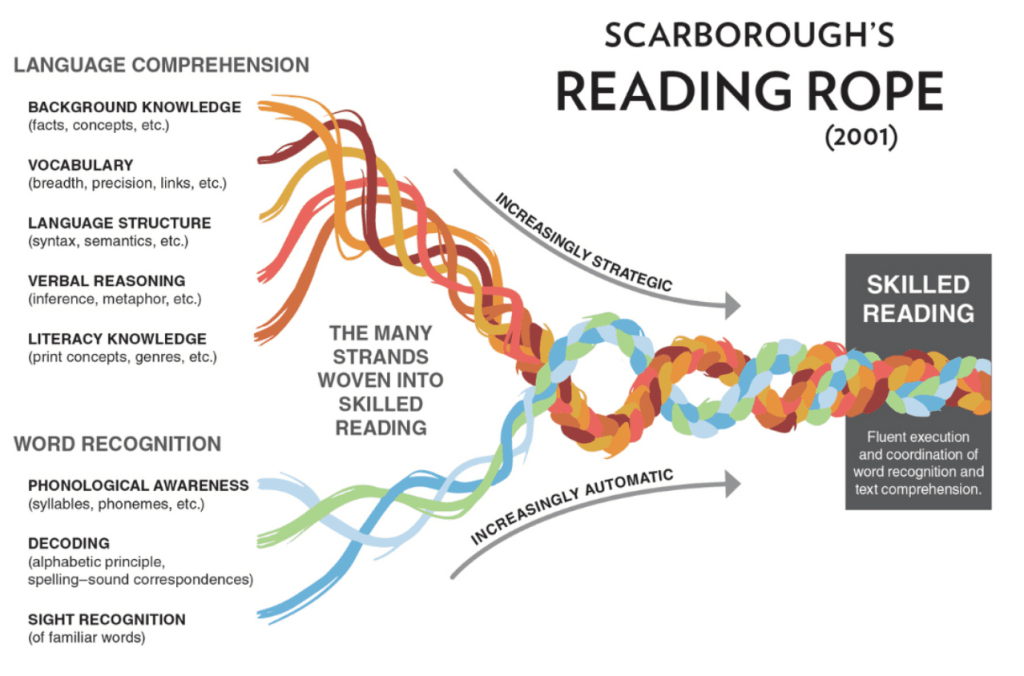 If you’re a parent of an elementary-aged student in Tennessee, you may have heard about Governor Bill Lee’s new law that impacts education and retention. This law requires that students in third grade must be able to read at grade level before they can move on to the fourth grade. If a student doesn’t meet the required reading level, they may be held back and required to repeat third grade. The intention of the law is to ensure that students have the necessary reading skills to succeed in their future academic endeavors. However, there are some exceptions to the retention policy, such as for students with disabilities who have an individualized education plan (IEP) or those who have already been held back in a previous grade.
If you’re a parent of an elementary-aged student in Tennessee, you may have heard about Governor Bill Lee’s new law that impacts education and retention. This law requires that students in third grade must be able to read at grade level before they can move on to the fourth grade. If a student doesn’t meet the required reading level, they may be held back and required to repeat third grade. The intention of the law is to ensure that students have the necessary reading skills to succeed in their future academic endeavors. However, there are some exceptions to the retention policy, such as for students with disabilities who have an individualized education plan (IEP) or those who have already been held back in a previous grade.
As both a parent and a teacher, I have several thoughts on this topic.
In my experience, retention is better when it’s done early. For example, my daughter repeated first grade because she was the youngest in her class and struggled with confidence. It was painless and easy. She barely remembers it. However, retention in third grade is much different when considering social stigma and self-esteem. It can be de-motivating, and it may not necessarily address the cause of the students’ difficulties. Research suggest intense tutoring might be a better alternative. It’s also important to note that standardized testing doesn’t paint an accurate picture of what students are capable of. There are too many variables involved, such as nerves, cultural and socioeconomic barriers, test anxiety, undiagnosed learning disabilities, and more. This law will disproportionately impact low-income and minority students who may not have access to private tutoring, dyslexia assessments (which must be paid out-of pocket since schools do not assess or diagnose), or other resources.
So why are lawmakers so focused on early readers?
There are valid concerns about the reading crisis in America, but this is not a good way to address them. Schools should start by supporting a strong reading curriculum rooted in science. Did you know that much of the reading curriculum in the past was teaching students to read with a cueing system which prompted them to guess using pictures, patterns, and context? Modern brain research suggests that strong readers use a combination of language comprehension and word recognition to build fluency and understanding. Students should be decoding words instead of guessing. Students should be engaged in learning rooted in the science of reading.
 Thankfully, my county (Campbell County) has been updating our teaching strategies at the elementary level. We have trainings every summer rooted in the science of reading, and during the school year, we have reading specialists consistently coming to assess and support our reading strategies to make sure they are aligned with updated brain-based research. Our district is heavily focused on staying up to date with modern research and researched-based learning. Is your child’s district staying up-to-date with the new research and information?
Thankfully, my county (Campbell County) has been updating our teaching strategies at the elementary level. We have trainings every summer rooted in the science of reading, and during the school year, we have reading specialists consistently coming to assess and support our reading strategies to make sure they are aligned with updated brain-based research. Our district is heavily focused on staying up to date with modern research and researched-based learning. Is your child’s district staying up-to-date with the new research and information?
Parents should be getting involved and speaking out, but sometimes it’s hard to know where to begin. Be an advocate for strong reading curriculum in your child’s district. What does the curriculum look like? Is it rooted in science? How does your child’s teacher teach reading? (New research shows students should be learning a sounds-first approach.) Don’t be afraid to advocate and be vocal about your child’s needs. Is your child’s teacher supported? Are there interventions in place to help struggling readers before they reach third grade? If not, advocate for those changes. Ask questions. Be vocal. Support your child’s teacher and give them some grace (because I can promise you, we don’t like these laws either).
In closing, I’d like to recommend one of my favorite podcasts called “Sold a Story.” It highlights the science of reading, publishing companies, and the millions of dollars spent on reading instruction in America. It’s a great resource for parents who want to learn more about teaching their child to read, or strengthening an already proficient reader.




















